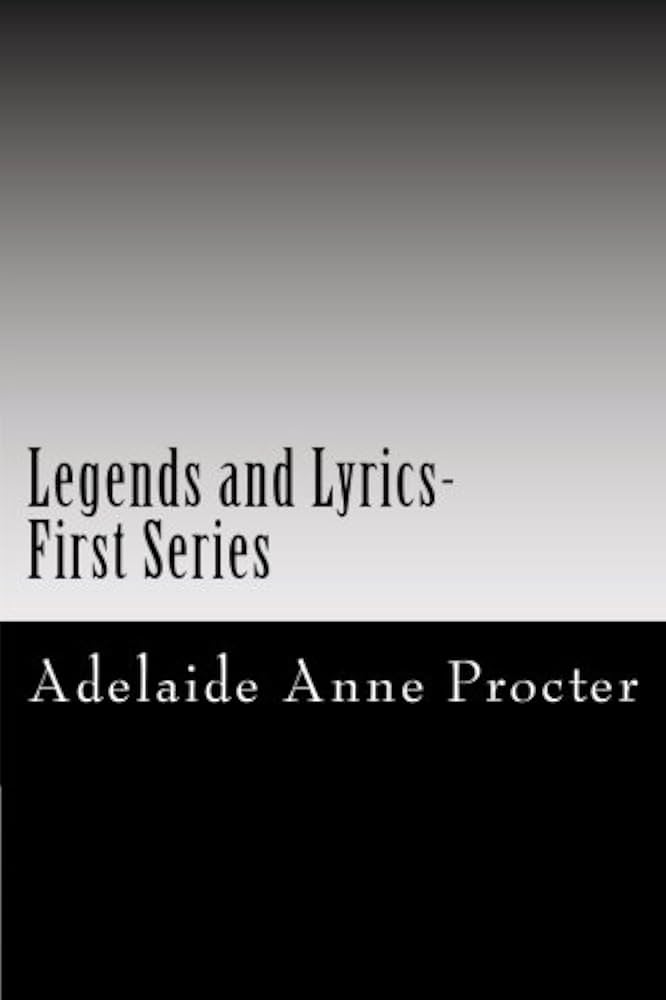VERSE: MY JOURNAL
byMy Journal begins in the low light of a weary evening, as the speaker lifts a forgotten volume, cloaked in dust and time. Its metal clasps open reluctantly, revealing yellowed pages softened by age and sorrow. There is no ceremony, only the slow unfolding of memories that speak louder than the quiet room around them. The journal, once filled with promise and fresh ink, now reads like a map of a life both imagined and endured. Dreams once written with bold certainty now seem distant, not gone, but weathered by reality. Each entry reflects a younger version of the self—one who believed that time could be tamed and plans followed precisely. And as those pages turn, the speaker meets a truth all must face: that life is less a path and more a tide.
In the beginning, the entries sparkle with hope, filled with adventures sketched in confident words and childish exaggeration. The laughter of youth echoes through the lines, unmarred by doubt, grounded in the belief that the future would always bend to will. There are notes of friendships, joys, and trivial worries—moments once immense, now endearingly small. Yet, as the pages move forward, the ink changes. Grief arrives quietly at first, then louder, blotted into the margins by tearstains too honest to hide. Failures are no longer abstract. They are named, dated, and underlined. The speaker does not look away but reads every word, each one a lesson that was once hard-earned, now softened by reflection.
In these middle chapters of the journal, there is wrestling with unanswered prayers and the ache of things that never came to be. Lines once written with confidence become hesitant. But amid the heaviness, something quiet begins to shine. A note scribbled during sorrow carries an unexpected strength. The speaker sees now that endurance was not weakness but a form of silent faith. Not everything written came true—but the act of writing, of hoping, was never wasted. For within these confessions, scattered like fallen leaves, are signs of growth. The speaker learns that strength isn’t found in getting everything right but in continuing to write even when everything feels wrong. That is how courage looks on paper—unpolished but steady.
And then, among those darker pages, a sudden shift—a phrase, a thought, a moment remembered not for its pain but its clarity. The “dawn diviner,” as the speaker calls it, comes not with thunder but with a soft radiance that changes everything. Light, once lost, begins to return—not erasing the past, but illuminating it differently. The hard seasons now appear as bridges, not walls. Disappointments once mourned begin to feel like redirections rather than losses. There is no denial of suffering, but now there is meaning woven through it. Gratitude does not come all at once, but it starts to appear—like gold edging the gray. The journal, once heavy with sorrow, becomes a monument to endurance and grace.
In the final entries, there is less urgency, more peace. The speaker writes not to reach an end, but to honor the process. No longer chasing some imagined version of success, they now walk through the journal with reverence. It is no longer a place to prove something, but a space where truth was always safe. The final pages are quieter but richer, filled not with dramatic triumphs, but with simple acknowledgments of being held—through storm, through silence, through surrender. There is healing in this final reflection, not because life became easy, but because it was faced honestly. And in that honesty, something holy was found.
The journal, now closed, rests not as a relic, but as a companion that witnessed everything. It is not perfect. It does not need to be. What matters is that it was written through joy and despair, and that it still exists—testament to the soul’s journey through light and shadow. In reading it, the speaker learns to forgive the past, bless the present, and release the future. And to those who may one day read their own journals with trembling hands, the lesson remains: even in the dark, the heart writes toward the dawn.


